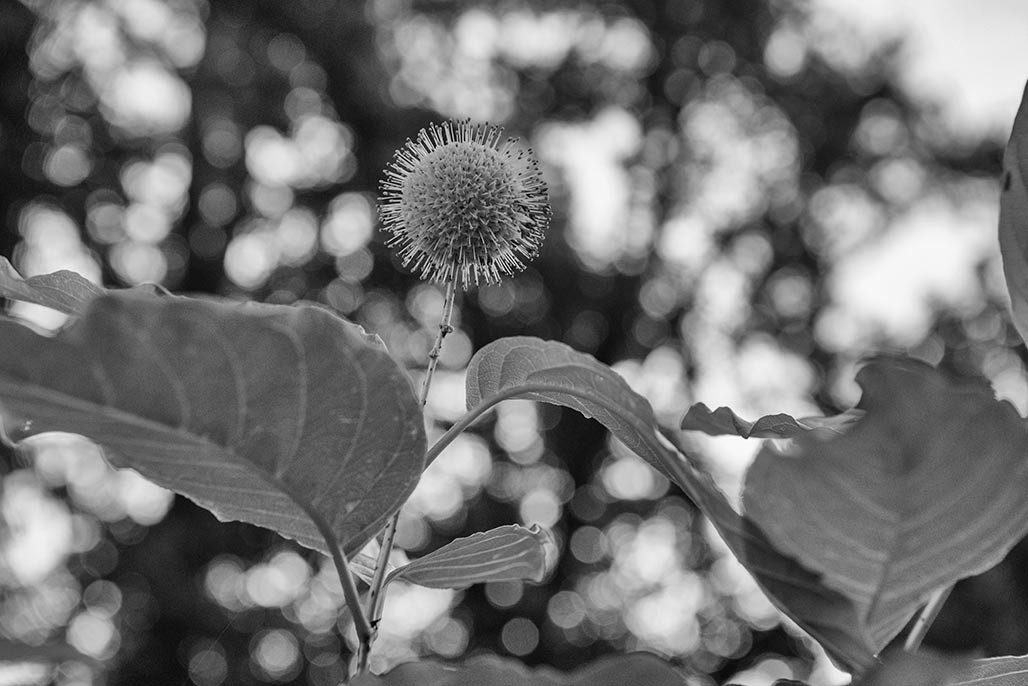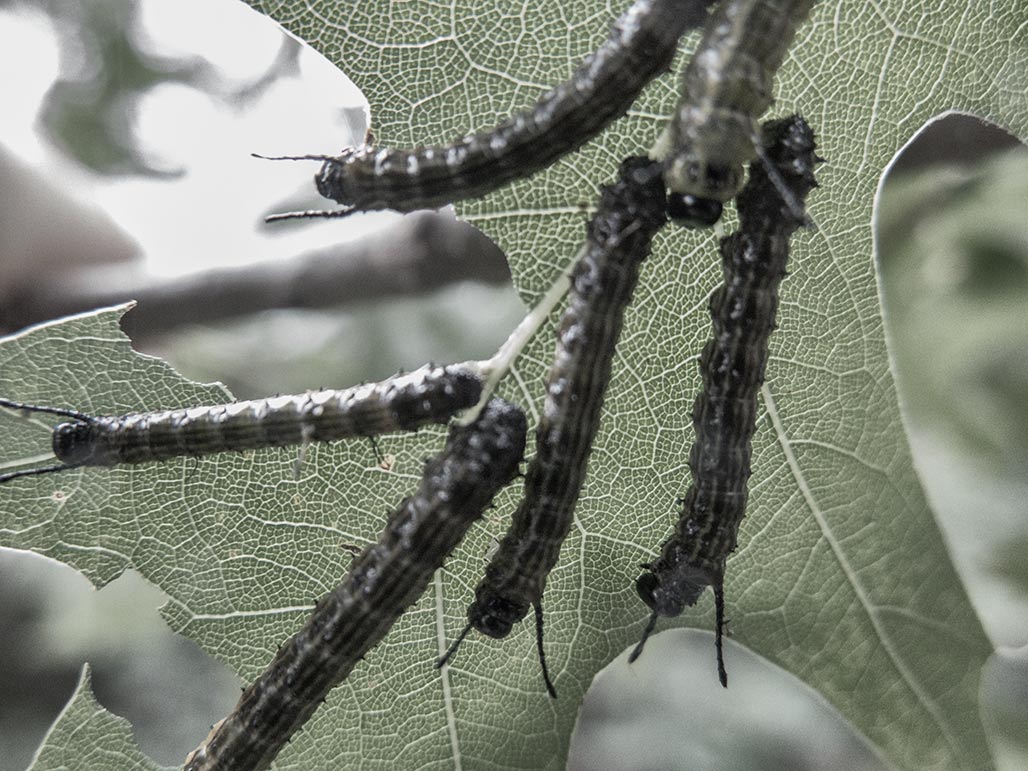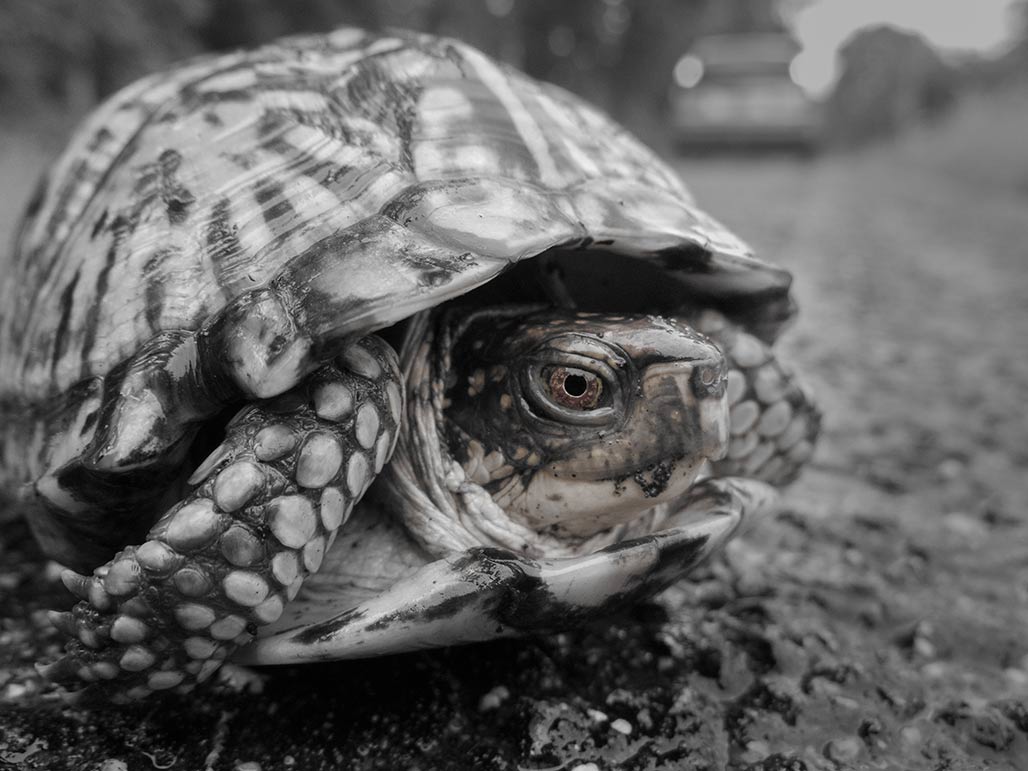
Cephalanthus occidentalis

photography from the Chesapeake Bay watershed by Bill Emory



As I’ve said before, a dog can’t change the world but they can change your world. And if each of us can pass along even a fraction of the unmitigated, world changing love we receive from our dogs? Maybe we can see about that whole changing the world thing.–Will and Eko
